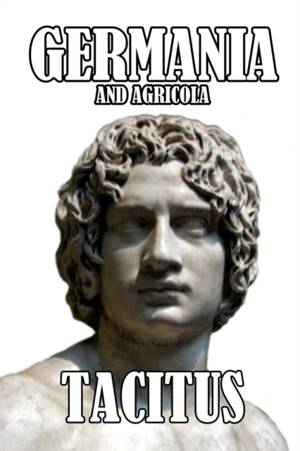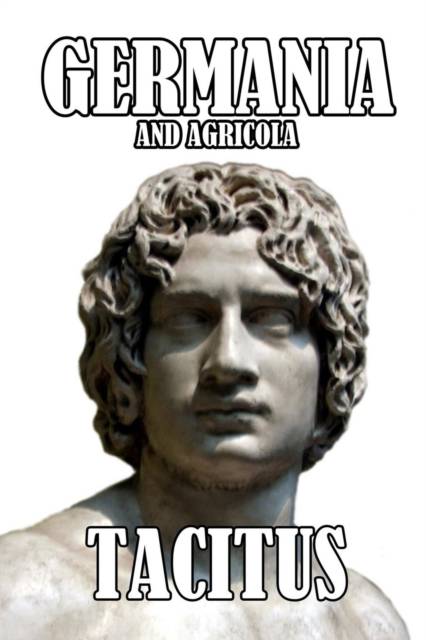
- Retrait gratuit dans votre magasin Club
- 7.000.000 titres dans notre catalogue
- Payer en toute sécurité
- Toujours un magasin près de chez vous
- Retrait gratuit dans votre magasin Club
- 7.000.0000 titres dans notre catalogue
- Payer en toute sécurité
- Toujours un magasin près de chez vous
Description
Translated by Alfred J. Church. Described by two prominent twentieth century leftist academics as one of the "most dangerous books ever written," Roman historian Tacitus's 98 AD work Germania is credited with almost single-handedly creating modern German nationalism after the manuscript's rediscovery in 1462.
Originally titled "On the Origin and Situation of the Germanic Peoples" (De Origine et situ Germanorum), it provides a vivid survey of the physical, cultural, and behavioral characteristics of the German people in what the Romans called Germania Magna--"Greater Germany"--that area east of the Rhine River.
Germania begins with a description of the lands, laws, and customs of the Germanic people, and then moves on to detailed descriptions of the individual tribes all the way up to the Baltic Sea. This includes Tacitus's famous description of the Germans as a "pure and unmixed race" with Nordic racial characteristics.
It then describes the Germanic systems of government, religion, the egalitarian status of women in German society, and even a form of folk assembly, or parliament, at which important decisions were made by common vote and consensus, among many other things.
All copies of Germania were lost during the Middle Ages and the work was forgotten until a single manuscript was rediscovered. At that time, most of Germany was known as the Holy Roman Empire, and the word "Germani" was almost never used. The book's rediscovery and distribution directly led to the widespread use of that word once again, and it was first used in a nationalist sense in 1471 during a crusade against the invading Turks.
In 1956, Jewish historian Arnaldo Momigliano, professor at University College, London, described Germania as "among the most dangerous books ever written," and in 2008, professor Christopher Krebs, assistant professor of Classics at Harvard produced a separate book on the topic called A Most Dangerous Book: Tacitus's Germania from the Roman Empire to the Third Reich, in which he claimed that all top Nazis were familiar with the work, including racial scientist Hans F.K. Gunther.
The second work in this book, Agricola, originally titled "On the life and character of Julius Agricola" (De vita et moribus Iulii Agricolae) is a biographical work which tells the story of the author's father-in-law, Gnaeus Julius Agricola, one of the most prominent Roman generals who took part in the final conquest of Britain.
It includes many valuable comments about the racial characteristics of the pre-Roman British people and society, as well as fascinating details of the conquest of Britain and of how Agricola served as governor of the new province.
About the author: Publius Cornelius Tacitus (56 AD-120 AD) was a Roman senator and is widely regarded as the most reliable and greatest of all Roman historians.
Spécifications
Parties prenantes
- Auteur(s) :
- Editeur:
Contenu
- Nombre de pages :
- 66
- Langue:
- Anglais
Caractéristiques
- EAN:
- 9781644675991
- Date de parution :
- 18-10-18
- Format:
- Livre broché
- Format numérique:
- Trade paperback (VS)
- Dimensions :
- 152 mm x 229 mm
- Poids :
- 99 g

Les avis
Nous publions uniquement les avis qui respectent les conditions requises. Consultez nos conditions pour les avis.






